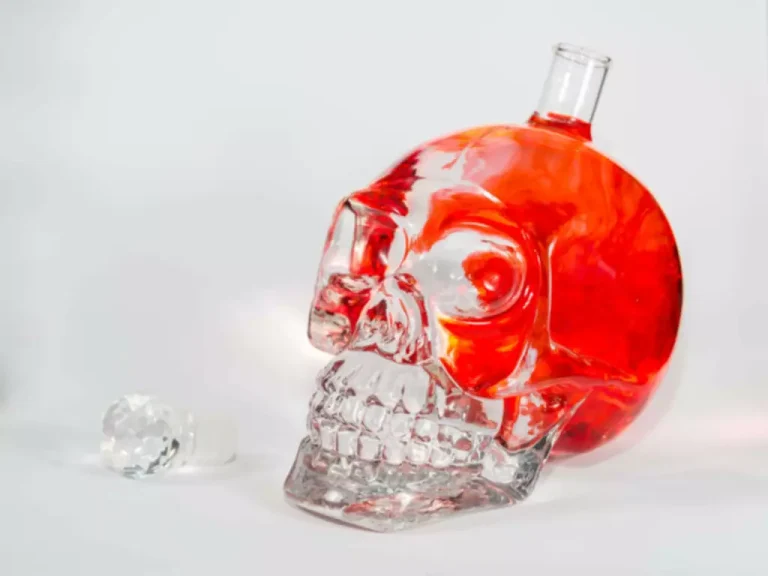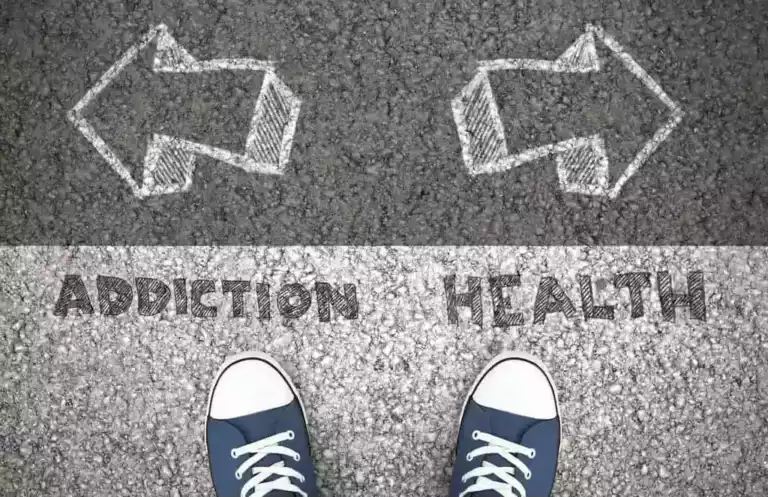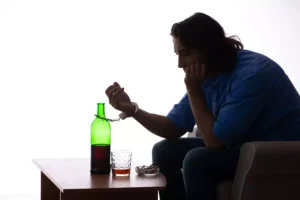- Empty cart.
- Continue Shopping
Drug addiction substance use disorder Diagnosis and treatment

SMART Recovery is a secular, science-based program that offers mutual support in communities worldwide as well as on the internet and has specific programming for families. All Recovery accommodates people with any kind of addiction and its meetings are led by trained peer-support facilitators. Women for Sobriety focuses on the needs of women with any type of substance use problem. They also value having role models of recovery and someone to call on when the recovering self is an unsteady newborn.

Latest from NIDA
In real life, however well-meaning they are, interventions are humiliating and often backfire. Even if they succeed in getting people into treatment, data show that they don’t ensure that people stay in treatment; one major problem is that they https://ecosoberhouse.com/ nullify the internal motivation need to quit. BetterHelp can connect you to an addiction and mental health counselor. MAT is a highly effective treatment that utilizes medications like methadone and buprenorphine for opioid use disorder.
- Sarah’s road to recovery was fraught with challenges, including multiple relapses.
- “To date, there has been no positive trial of a therapeutic for treating HHT.”
- Additionally, medications are used to help people detoxify from drugs, although detoxification is not the same as treatment and is not sufficient to help a person recover.
How do you find a treatment program to offer at the intervention?

Belief in a deterministic and progressive disease concept of addiction focuses on perpetuating, and not exiting, addiction careers (Wiens & Walker, 2015). Generally, “addicts” are considered to be unable to make informed choices or regain control over their lives. If they do, the face-saving circular conclusion is that they were not addicted to begin with, as they were in control. More specifically, motivation to change is only seen as a result of “hitting rock bottom”, and the behaviour of substance users is qualified as anti-social. The latter assessment does not take into consideration the skills that deviant behaviour requires (Klingemann, 1999), which could potentially be used in treatment. Confrontational programmes such as SYNANON (Janzen, 2001) aim to “destroy the old addicted personality” and “shape a new person”.
International Patients
• If relapse occurs, therapy helps people assess what caused them to stumble and to move forward again without getting mired in negative feelings like self-recrimination that too often lead back to substance use. Learning about the rates of treatment and the barriers to seeking help is crucial for improving access to care and support for those with SUDs. What former clients have to say, via personal recommendations and testimonials, can speak volumes about the facility, its staff, the treatment, and the overall experience. He wants more done to help people in severe addiction heal and enter recovery, as he has done. Some survivors of the overdose crisis said while the situation on the streets remains grim for many people, they believe the public health response is keeping more people alive. Dr. Rahul Gupta, the White House drug czar, said the drop in drug deaths shows a path forward.

Treatment during this phase provides monitoring and symptomatic relief of the intense discomfort, and patients may benefit from the use of medication to dampen drug craving. Motivational interviewing, or motivational enhancement, is a conversational technique in which a psychologically informed counselor seeks to help a person find, strengthen, and capitalize on their own internal motivation to change behavior. Studies show that motivational interviewing helps those successful drug addicts struggling with addiction to resolve any ambivalence about giving up drug use and inspires them to commit to behavioral change. It is often effective where lectures and confrontational techniques are not because it respects a person’s own desires. Residential care may be of most value to those with an unstable or unhealthy home environment. Patients can be readily observed and monitored, an advantage for the early stages of medication management, if used.
Drug Addiction Painting: Exploring the Intersection of Art and Recovery
Behavioral Therapies and Support Programs

- Regardless of the field, achieving success often entails substantial risk-taking and those who are drawn to it, like Halstead, may outperform their more risk-adverse colleagues.
- Among those who do, more than 90 percent “fail” within a single year—if the sole measure is abstinence.
- But you can remove yourself — and any children — from a dangerous situation.
- “They fought to only keep me in [rehab] for 14 days; they didn’t want to pay for 30, and I knew that wasn’t enough for me,” Rasco recalled.
- He’s now five years sober, back in school studying psychology, and volunteers as a peer support specialist for others struggling with addiction.
